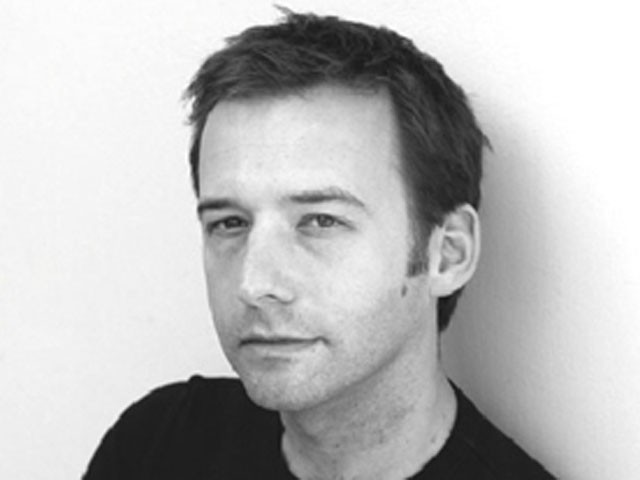There was more than one Homer. (More than one Bart, too, but that’s a different story.) Many ancient bards gathered listeners by the campfire and told pieces of what later coalesced into The Odyssey.
But what if the tradition had coalesced differently? That’s the premise of Zachary Mason’s cerebral, poetic, fragmenting approach to Homer’s epic: 44 short stories, each giving about three plot twists and a couple of character turns to what we know as the traditional Odyssey.
As with logic puzzles or densely packed poetry, Mason’s “Lost Books” make for a challenging journey. He rejiggers Homeric plots like decision trees, calculating several moves ahead like the chess-playing computer programmer that he is. Looping narratives endlessly upon themselves, he tells an M.C. Escher version of The Odyssey. In “Guest Friend,” for example, Odysseus and Alcinous (the king to whom, in the original version, the wanderer recounts his tale in flashback) exchange places and become embedded in one another’s stories. In “Fugitive,” Mason splits the Homeric epics into multiple universes, with anticlimactic results: the numerous Trojan wars become progressively more faded self-copies.
One episode elicits compassion for Polyphemus the Cyclops, asking how you’d feel if a roving band of scraggly-haired Greek warriors had poked out your only eye. But Mason’s heroes don’t bother to alter Fate, even when they have foreknowledge of it: “Agamemnon is too obstinate to change his mind and anyway never believes what he reads. Achilles flips through the Iliad and shrugs.” In “The Iliad of Odysseus,” the Trojan-Greek war ends in mutual destruction and Odysseus escapes, disguises himself as a bard and invents the heroic stories that we have come to assume reflect some kind of glorious past.
The chief benefit of Mason’s narratives lies in getting us to reimagine imaginative literature, reminding us that books didn’t have to be that way — and may never have been that way in the first place.
We cling to myths because they tell us things about ourselves that we hope are true. Mason’s tweaked tales demonstrate Oscar Wilde’s observation that the truth is rarely pure and never simple.

















